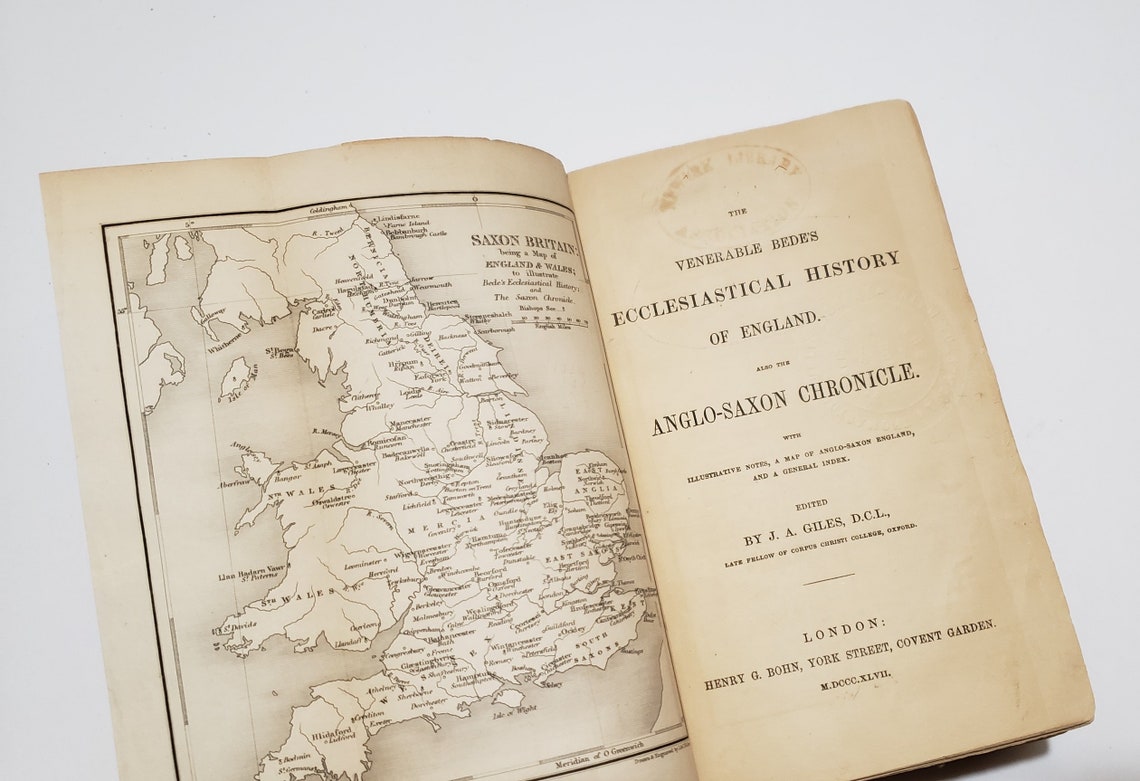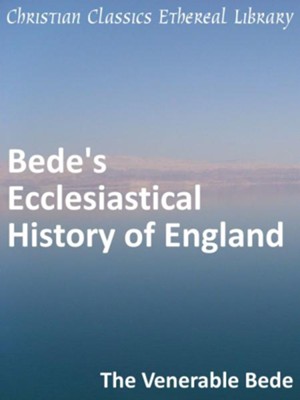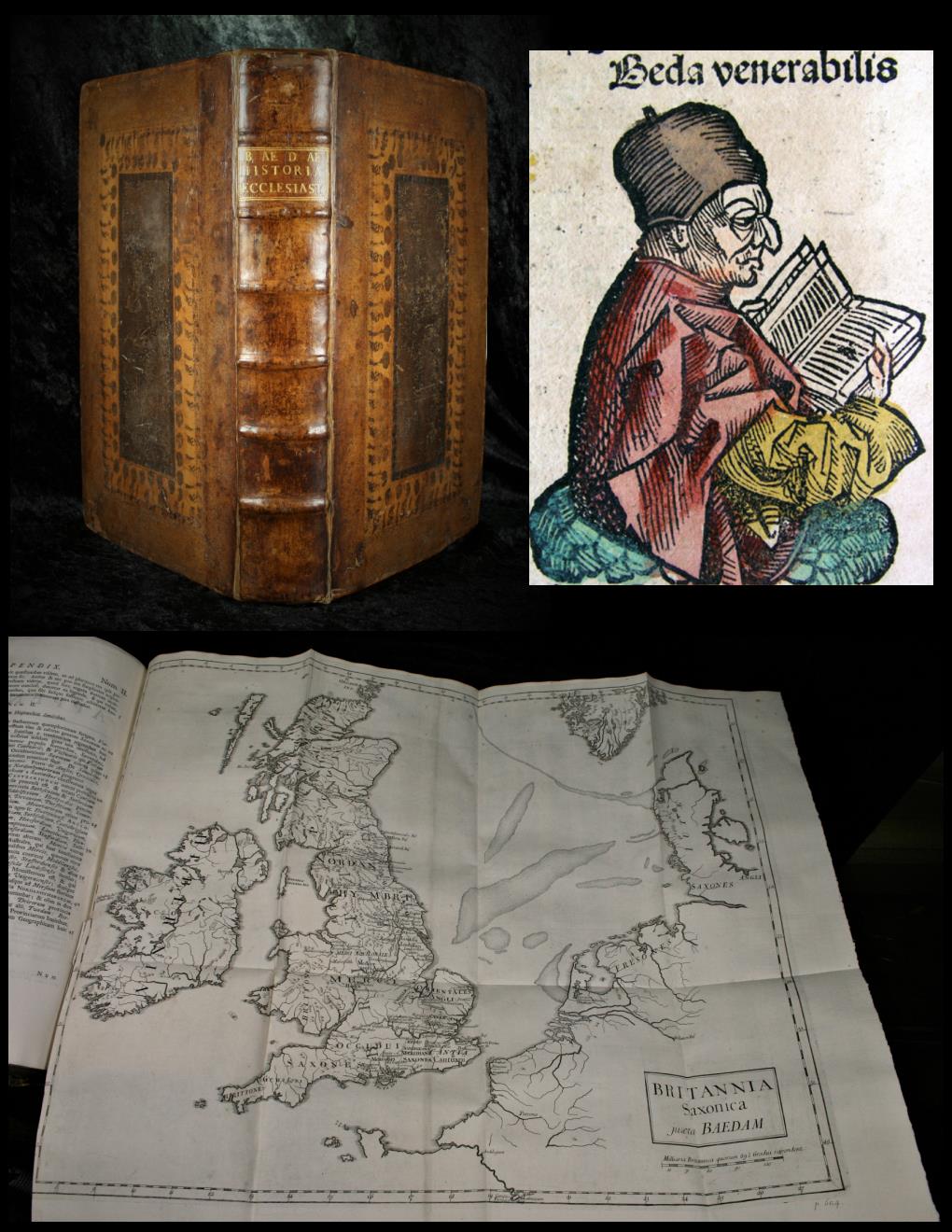
If you're a bit more mixed on that, reading some selections might be a better bet. Overall, I'd definitely recommend it to those with a particular interest in early English history. But it's also a rather long history, and there are certainly sections that are going to be boring for those who aren't a specialist in Christian conversion, Anglo Saxon kingship, or the Paschal Controversy. There's one part in the second book that's a great extended simile on a sparrow flying through a feasting hall, and it's the best of both worlds - it's a lovely passage in its own right, and it gives a great recreation for historians of what a feast hall may have been like. Bede is a pleasant writer, and every once and a while he'll tell a great anecdote or included a beautifully-written passage.

If you're reading it just for pleasure, it's a bit more of a mixed bag. If you're reading it for academic purposes, it's really wonderful - it's one of the very, very few sources that we have for early English history and it's a goldmine of intriguing information on topics from the early Saxon kingdoms, the native Picts and Britons, or the procession of English conversion to Christianity. This is a hard book to review, because whether it deserves five stars or 2-3 stars is going to depend pretty heavily on why you're reading it. Bede's monastery had access to a superb library which included works by Eusebius and Orosius among many others. Bede was moreover a skilled linguist and translator, and his work with the Latin and Greek writings of the early Church Fathers contributed significantly to English Christianity, making the writings much more accessible to his fellow Anglo-Saxons.



In 1899, Bede was made a Doctor of the Church by Pope Leo XIII, a position of theological significance he is the only native of Great Britain to achieve this designation (Anselm of Canterbury, also a Doctor of the Church, was originally from Italy). He is well known as an author and scholar, and his most famous work, Historia ecclesiastica gentis Anglorum (The Ecclesiastical History of the English People) gained him the title "The Father of English History.” Saint Bede (672/673 - 26 May 735), referred to as Venerable Bede (Latin: Bēda Venerābilis) for over a thousand years before being canonized, was an English monk at the Northumbrian monastery of Saint Peter at Monkwearmouth and of its companion monastery, Saint Paul's, in modern Jarrow (see Monkwearmouth-Jarrow), both in the Kingdom of Northumbria.


 0 kommentar(er)
0 kommentar(er)
